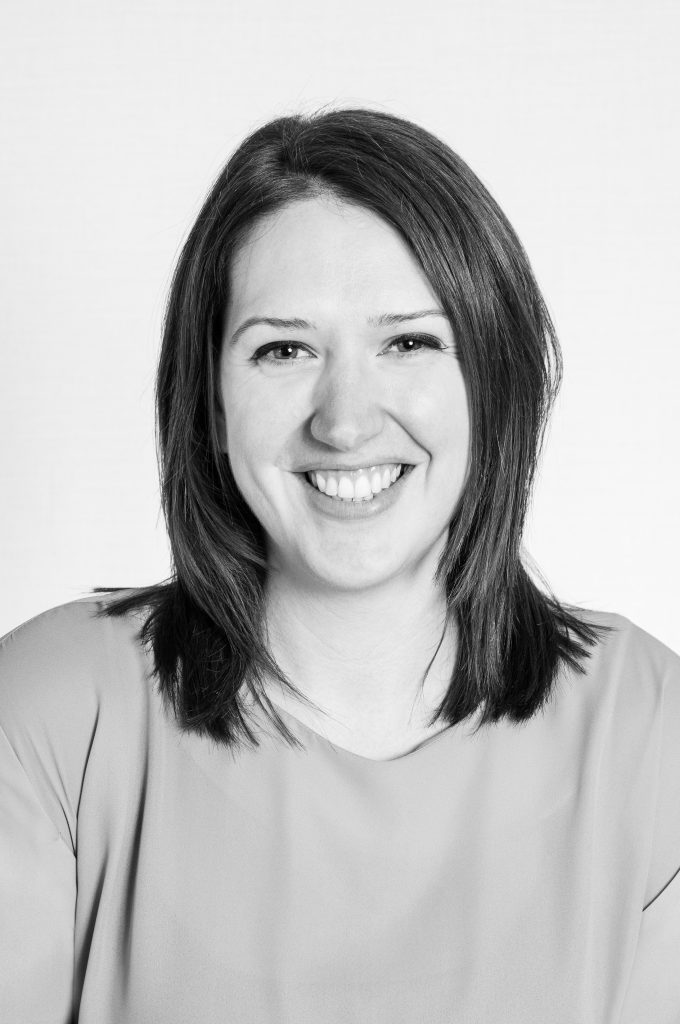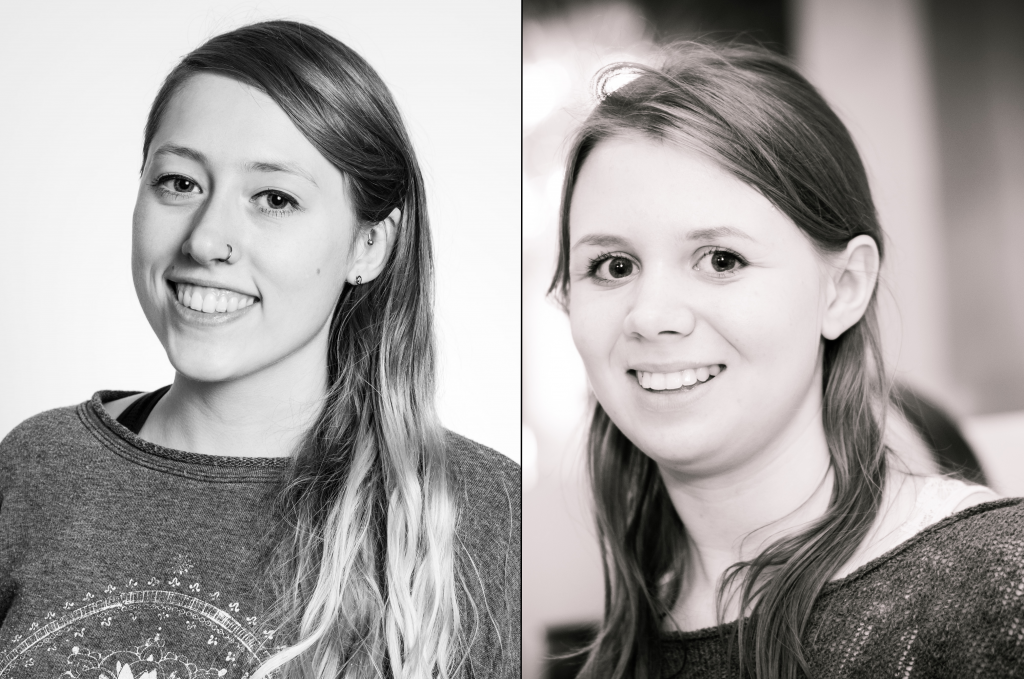This is a guest contribution by Sarah King who works at Grand Central Recording Studios in London, a sound design and audio post production facility, creating award winning sound for TV, cinema, online, interactive audio and radio productions.

Having worked within the creative sector for the last 10 years, the latter four of which at Grand Central Recording Studios (GCRS), I have – remarkably – never been exposed to the significant gender imbalance that has clouded over the industry for considerable time.
During a period that spawned The 3% Conference and seen the likes of Cindy Gallop flag-wave for minorities, I have personally been lucky enough to work for a number of women who are not only experts in their field but prime examples that the glass ceiling can indeed be smashed. On a daily basis I am in contact with a myriad of talented female producers, creatives and directors who defy the expectation that there are few women making an impact in the creative industry.
Looking closer to home however, it has struck me how comparatively few female role models there are in the sound industry. Gender equality is hugely important, no less for its ability to encourage real diversity of creative influences and approaches, so the fact that female sound designers are such unicorns is a real problem.
It is challenging for women looking to enter the industry – many could be deterred. I have been impressed by the will and determination of some of the young potential stars we have welcomed in recent years at GCRS, whose aspirations in the sound industry remain strong despite any hurdles they have encountered. Beckie Thornton and Tess Ludlow are two such individuals.

As young women already on the career path at award-winning sound studio GCRS, Beckie and Tess first noticed they were entering a male-dominated industry at university, while studying music technology and audio respectively. Both were in a significant minority with women making up less than 5% of the graduating class.
According to Beckie, the technical side of the profession could be a deterrent:
[perfectpullquote align=”full” cite=”Beckie Thornton” link=”” color=”” class=”” size=””]“There’s so much to learn regarding the hardware and software that, initially, it is daunting. But we are built to learn and we can achieve anything we put our minds to.” [/perfectpullquote]
From Tess’s experience, there is a lack of knowledge and inspiration in the industry, potentially influencing young women. Many may not be aware of the career paths in the field, and adding to the mix the lack of prominent female ambassadors for sound, young women may feel that the sound industry is less obtainable to them.
It’s clear there is work to be done on demystifying a career in sound design, and Beckie believes that raising awareness of the craft and the career possibilities in the field will help open channels:
[perfectpullquote align=”full” cite=”Beckie Thornton” link=”” color=”” class=”” size=””]“To open up the industry, I think it is important that we move the focus from the lack of women in the industry, and start concentrating on the people who are currently in leading roles to learn from them and their achievements. We need to start praising the women who have made it.”[/perfectpullquote]
Likewise, Tess acknowledges the importance of educating people from a young age about the fact that it’s an accessible and exciting industry for men and women alike.
[perfectpullquote align=”full” cite=”Tess Ludlow” link=”” color=”” class=”” size=””]“A career path in sound might seem more appealing to younger women if they can see role models clearly, rather than having to dig to find someone to aspire to. I think increasing the visibility of prominent female ambassadors for sound will make young women more aware of our industry as a career option.”[/perfectpullquote]
Beckie sought inspiration from other industries:
[perfectpullquote align=”full” cite=”Beckie Thornton” link=”” color=”” class=”” size=””]“I’m a massive fan of Grimes. She started writing and producing her own music, completely self-taught at home. She even dabbles in sound design within her music, and it goes to show anyone can learn about the technical sides of post-production if they want to.”[/perfectpullquote]
Interestingly, Beckie’s point of view shines a light on different perceptions of the industry and womens’ roles within it. It may be more common for women to pursue careers in music and composition rather than in, let’s say, post-production sound in advertising. This siloed way of thinking is something Beckie feels our industry should avoid, and adds that it’s important to learn, support and educate individuals across the board and to encourage and develop a healthy connectivity within the field.
For Tess, role models can be found in the field indifferent of gender:
[perfectpullquote align=”full” cite=”Tess Ludlow” link=”” color=”” class=”” size=””]“I take inspiration from people and their journey, in one way it doesn’t really matter if it’s a male or female role model.”[/perfectpullquote]
This standpoint highlights the importance of female ambassadors in sound from an awareness perspective, specifically in regards to encouraging young women to enter the industry, from an educational point of view.
Women in sound want to be recognised for their work, not their gender – so shining a light on the issue is a bit of a double edged sword. But the bias is something which needs to be addressed in order to attract new talent. When discussing the impact of gender imbalance on the work environment, neither Beckie or Tess perceive any effects of gender imbalance on their career growth or development. Beckie comments:
[perfectpullquote align=”full” cite=”Beckie Thornton” link=”” color=”” class=”” size=””]“I never feel discouraged or discriminated against for being a woman, and I feel like there’s equal opportunities for everyone to progress through the company.”[/perfectpullquote]
However, bias comes in many shapes and forms. Misconceptions can only be eradicated by educating our industry and the people we want to enter it, that men and women alike can have equally prosperous careers in sound. How do we do that? We need to engage with schools and colleges and let them know about our industry and the multi-disciplines therein. There are many facets of sound to explore – recording, editing, mixing, sound design in TV dramas or commercials or feature films or radio etc – so the issue is not a lack of opportunity or routes in. At Grand Central we are happy to hire first jobbers with or without degrees and will train them from the ground up. It is not about experience or academic achievement, it is about natural talent, passion, commitment and hard work.
A big thank you to Sarah King for contributing this piece and to Beckie Thornton and Tess Ludlow for sharing their perspectives on this important topic. Follow this link to find out more about Grand Central Recording Studios or find them on twitter @GCRS.
It is the same for women composers, sound artists and radio artists. It’s disgraceful and shameful.